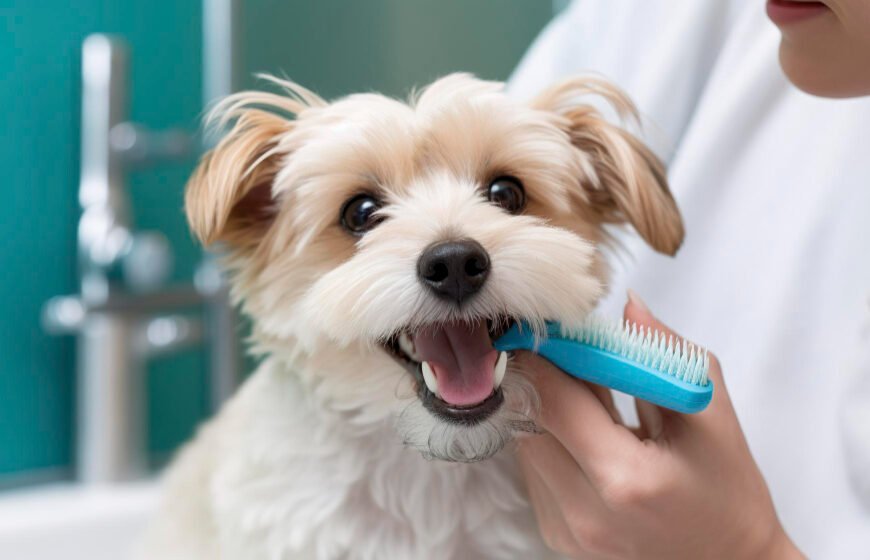Imagine trying to eat all your meals with painful gums and wobbly teeth. Ouch! Dental health is just as important for our pets as it is for us. Sadly, a whopping 80% of dogs over three years old already have some form of dental disease. Let’s change that!
“A dog is the only thing on earth that loves you more than he loves himself.” – Josh Billings
Why Healthy Teeth Matter
It’s not just about stinky breath. Bacteria buildup in a pet’s mouth can lead to tartar, gum disease, and a whole host of other problems. In severe cases, this can even spread through the bloodstream, affecting major organs like the heart and kidneys. Yikes!
Toothbrushing: The Gold Standard
Yes, you CAN brush your pet’s teeth! Special pet toothbrushes and toothpaste exist. Start slow, use lots of praise, and make it a fun routine. Aim for a few minutes each day – shorter, frequent sessions are better than occasional long ones.
Chew on This!
Chewing on dental chews specially designed for pets scrapes away plaque and massages their gums. Think of it like a tasty workout for their teeth! Ask your vet for recommendations based on your pet’s size and chewing style.
The Crunchy Choice
Did you know that dry kibble is better for dental health than wet food? The crunchy texture helps with that natural cleaning action. If your pet is used to wet food, it’s okay to do a combo, or add a bit of water to dry food to soften it slightly.
Treats with Teeth in Mind
Many pet treats now offer dental benefits. Choose ones that mechanically scrub teeth or have ingredients that help reduce plaque. Moderation is key though – too many treats, even the healthy kind, can lead to weight gain.
Don’t Forget Checkups!
Your vet should check your pet’s teeth during their regular visits. Just like we need professional cleanings, occasional deep cleans under anesthesia might be needed to clear out stubborn tartar buildup.
Signs of Trouble
Watch out for:
- Bad breath (beyond the usual doggy aroma)
- Loose or discolored teeth
- Bleeding gums
- Reluctance to eat, especially hard food
- Excessive drooling
If you notice any of these, head to the vet for a check!
Special Considerations
- Small breeds: They’re more prone to dental issues due to crowded teeth. Extra vigilance needed!
- Puppies and Kittens: Start dental care young! It’ll make it easier as they grow up.
A Word on DIY “Cleanings”
Never try to remove tartar yourself with tools! You could damage those pearly whites. Always consult your vet before attempting any home dental procedures beyond brushing.
The Takeaway
Taking care of your pet’s teeth is an investment in their long-term health and happiness. With a few simple habits and a bit of patience, you can help them keep that furry grin sparkling!









